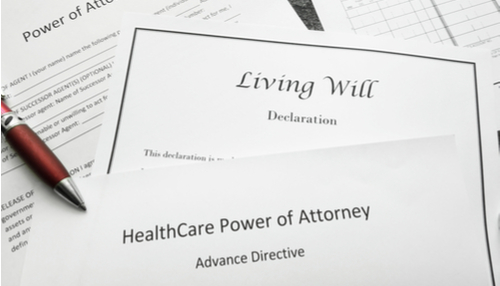Find out about LPA's
What is Lasting Power of Attorney?
Their purpose is to meet the needs of those who lack the capacity to look after their own personal, financial or business affairs. The LPA allows them to prepare for their future care by making arrangements for family members or trusted friends to make decisions on their behalf.
Don’t hesitate, contact us if you are unsure of the service you need or just need some help and advice. Contact Us
The person giving the power is known as the donor. The attorney, in these circumstances, is someone legally appointed to act on behalf of another person and in their interests. The word ‘lasting’ indicates that the power may continue, even if the person no longer has capacity to make decisions on the issue.
You must be 18 or over and have mental capacity at the time you make your LPA. You do not need to live in the UK or be a British citizen. There are 2 types of LPA:
In the future, circumstances might arise whereby you become unable to make decisions for yourself.
For example, you could suffer a brain injury or develop dementia, a mental health condition. If this happens and you cannot make decisions in your own best interest, you are said to lack ‘capacity’. You lack capacity if:
- You cannot understand information relating to a decision
- You cannot retain that information for long enough to make the decision
- You cannot take that information into account when making the decision; or
- You cannot communicate the decision
The Mental Capacity Act states that capacity must be assumed unless it is proven otherwise. Mental capacity is judged on a decision-by-decision basis: you might have the capacity to decide what you want for tea but not the understanding of what will happen if you refuse life sustaining treatment.
Frequently Asked Questions
01. What are the two types of LPA?
02. I already have an Enduring power of attorney, do I need to make an LPA?
03. What happens if I don’t make an LPA?
04. Who can be an Attorney?
05. How many Attorneys can I have?
06. Can I restrict my Attorneys’ powers?
07. Can my Attorneys put me into a Nursing Home?
How Do I Make An LPA?
There are main steps in making an LPA:
- Nominate your attorney and the other people involved
- Complete the form
- Register the form with the OPG (Office of the Public Guardian)
- There is a fee of £82 to register each of your LPAs (so £164 both an LPA for property and financial affairs and an LPA for health and welfare). If you are on a low income, you may be eligible for a 50% discount. If you are receiving certain benefits you will not pay anything at all. Your LPA must be registered whilst you still have mental capacity. It can’t be used during the registration process which takes approximately 9 weeks. If you lose mental capacity after signing the LPA while you still had mental capacity, your attorney can register it for you.
Step 3 must be completed before an LPA can be used. The OPG manages the LPA registration process and has a register of all LPAs. It can investigate allegations of concern over the way an attorney is acting.
Should I Use A Solicitor?
You do not have to use a solicitor to create an LPA. The application forms from the Office of the Public Guardian (OPG) offer guidance to help you fill them out. You can also complete them online and call the OPG helpline if you have any difficulties or concerns.
On the other hand, If you want to use a solicitor, you will have to pay them to assist you in completing the form. Fees vary, so you might want to contact a few different companies to compare their fees and the service they offer. If you are considering any other types of future planning it may be viable to do it all together.









